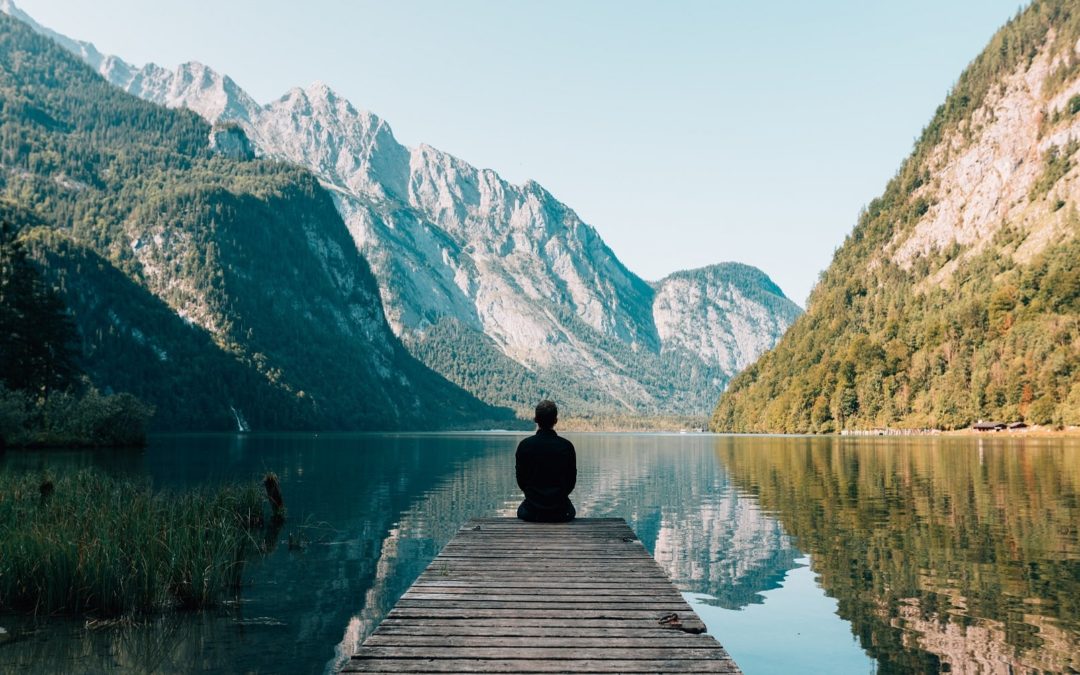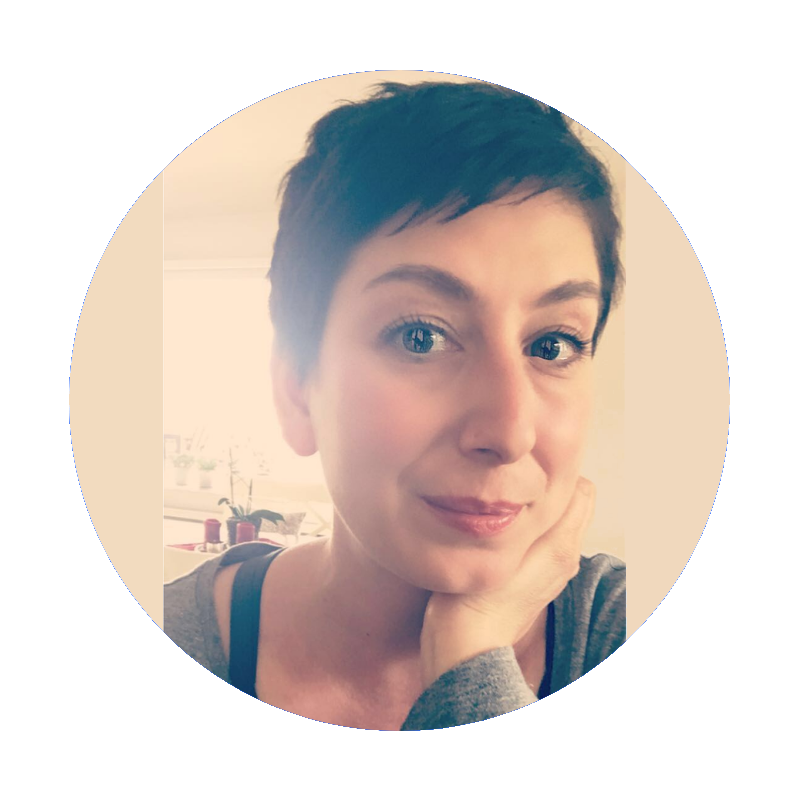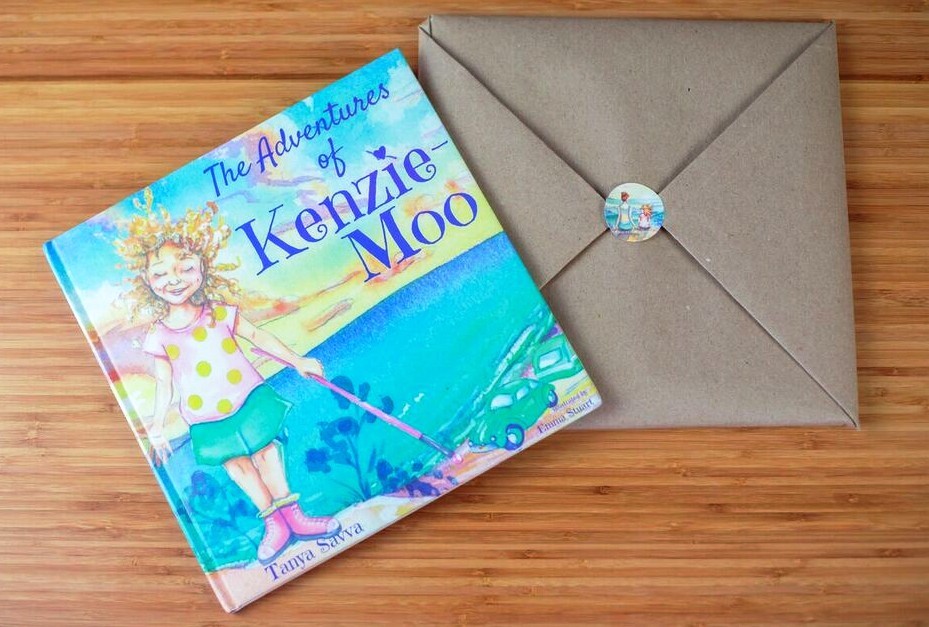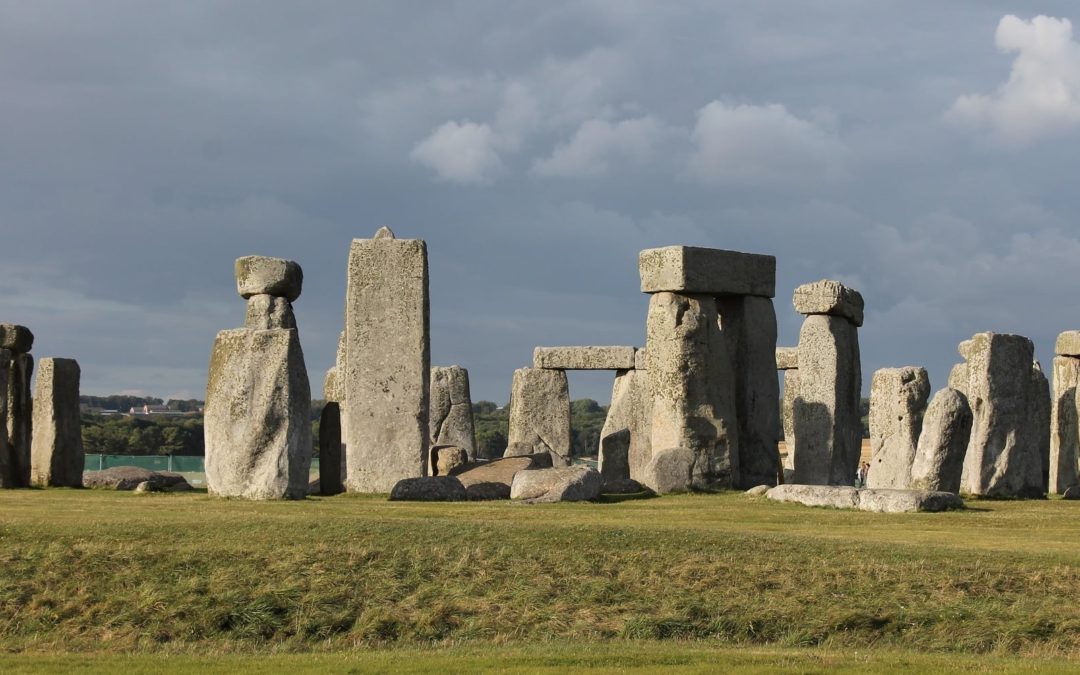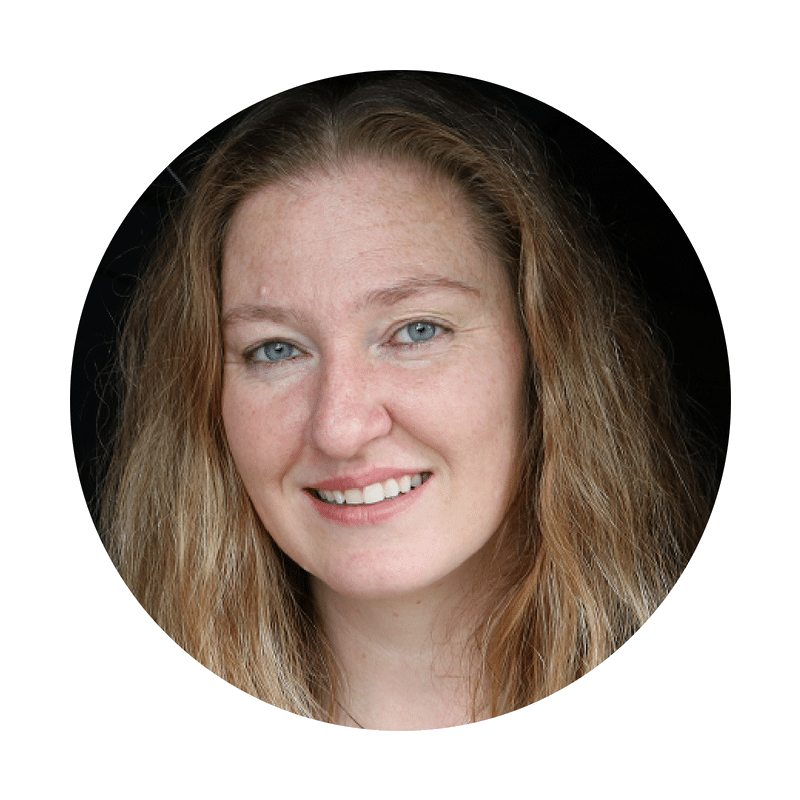
Memoir Is a Moving Target
Memoir Is a Moving Target
I thought I knew what my memoir was about. I was there after all. I thought it was a matter of working out where to start and where to end so I could settle my story down somewhere in between. How difficult could it be?
So I started writing, in earnest, in the place I thought was the beginning. I wrote some more, and the beginning fell in love and became the middle. Then the end went off to boarding school and became the beginning of the end. The bloody middle lost weight and became invisible, and I killed the darling. The end got cancer and became the beginning.
It was like trying to teach overwrought grasshoppers to line dance.
I found myself walking up a hill every afternoon with “how do I solve a problem like my memoir” echoing in my head to the refrains of Rodgers and Hammerstein. I just wanted my story to stand still a moment so I could pin it down. But it wouldn’t. It kept on with its manic bouncing until one morning, I stopped trying to control it and allowed myself to rest in the confusion and chaos. This wasn’t a science experiment; I didn’t need to have a hypothesis on how it was going to end when I threw sodium into the swimming pool.
I learnt to focus less on line dancing classes and control, and to think more deeply on what was emerging and presenting itself in the writing. Writing memoir is a moving target. Maybe it is supposed to be a moving target; maybe it’s supposed to shake things up.
Maybe that’s the point: so as the target moves, you see the stuff behind, underneath, beyond.
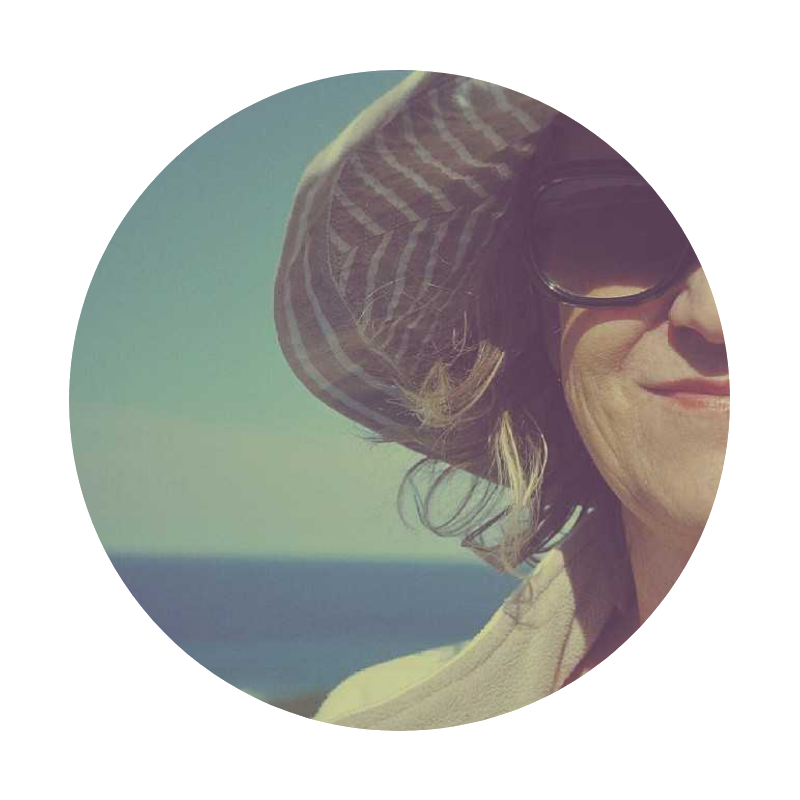
.
About Barbara
Very little in Barbara Matthews’ life has turned out the way she thought it would. She certainly never thought the right side of her brain would amount to much – it seemed superfluous in a world of numbers and the periodic table. A midlife career change into the practice of Palliative Medicine in rural South Africa forced Barbara to find language for experiences resolutely resisting the boundaries of science. Her writing has become a practice of self-care and meaning-making as she makes friends with the angel of death.
It wasn’t only the story that was moving and growing and changing. I was moving too. I stopped standing in one place and began shifting my view. Something happens when we extract feelings, emotions, and memories from our neurology and metabolise them and set them down on the page. It’s a curious alchemy. Writing about your life is not about noting what you did on Friday the 14th of March 1986. Who cares? Unless it was the day you swallowed a shard of glass and your gut exploded and you had a near-death experience on an operating table in Cairo. Unless it was the day you turned down a marriage proposal from the boy next door who became a murderous stalker and opened a cake shop. Even then, the details only matter if you can pull meaning from them. Things start to settle when you begin to make meaning, and sometimes they may jiggle some more, until you look again. It’s okay, the moving and jiggling; it’s how you know you’re finding the good stuff.
I am no longer alarmed when the ground begins to lurch. I get out the trekking poles, put on the hiking books, and keep on climbing. It is the only way to get to a high vantage point, away from the emotion and participation of the moment remembered, to a place where I can glimpse the landscape.
The writing is changing me. The changing me is changing the writing.
When I started, I thought I knew what it was all about. I didn’t know. The knowing can only come with the work, the reflection, the practice. Be brave, be bold, be curious. It’s the only way to hit that moving target.
Come and Join the Midlife Memoir Breakthrough
A Five-Day Live Event in Sydney with Joanne Fedler

In this hands-on, intimate workshop (an eclectic mix of teaching, instruction, writing exercises, meditations, ritual, sharing and other joyful activities), I will teach you how to take the material of your life – the moments that counted, no matter how shattering or modest – and weave them into a memoir that makes sense of it all.

